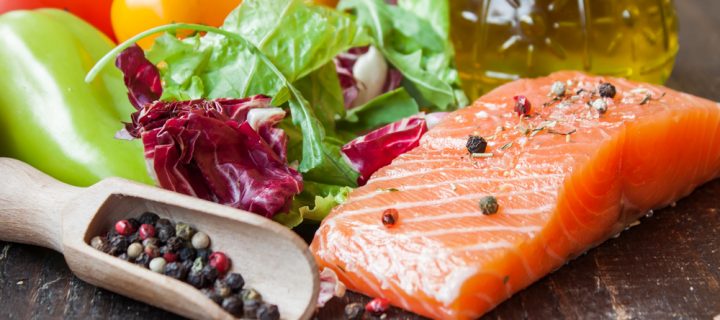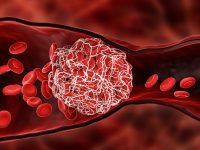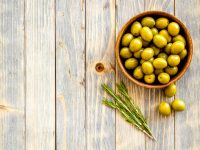You can still eat some treats and fast food, while filling up on nutrients that keep your brain young.
When it comes to dementia, stroke survivors are twice as likely to develop it when compared with the general population. It’s not a guarantee, but there is definitely a greater chance of developing thinking problems.
But a new way of eating could be changing that. It centers around something called the MIND diet, created by researchers at Rush University Medical Center.
Preliminary research presented this month at the American Stroke Association’s International Stroke Conference in Los Angeles had the goods.
The study was an observational work that needs to be confirmed by further studies, but researchers were encouraged with the results.
MIND
MIND is short for Mediterranean Diet Intervention for Neurodegenerative Delay. It’s a hybrid of consisting of a Mediterranean diet combined with the DASH diet, (Dietary Approaches to Stop Hypertension).
Both of these diets have been found to reduce the risk of cardiovascular conditions such as hypertension, heart attack and stroke. And now, it seems, as a combo they target dementia.
Participants in the study followed the diet to varying degrees. It involved eating at least three servings of whole grains, a green leafy vegetable, plus one other vegetable every day. A glass of wine was included, and snacks consisted of nuts.
Followers were asked to eat beans every other day, and poultry and berries at least twice a week. Fish came in at once per week. Foods such as butter and sweets were limited to 1 1/2 teaspoons a day and less than 5 servings per week, and high fat foods such as cheese and fast food were allowed once per week.
What was discovered? Amazingly, those who followed the diet functioned cognitively as if they were 7.5 years younger than those who didn’t.
“This is a preliminary study that will hopefully be confirmed by other studies, including a randomized diet intervention study instroke survivors,” said Dr. Laurel J. Cherian, a vascular neurologist and assistant professor in Rush’s Department of Neurological Sciences.
“For now, I think there is enough information to encourage stroke patients to view food as an important tool to optimize their brain health.”
Talk to your doctor about incorporating healthy foods into your eating regime, that benefit your brain. It’s good to be in control.
Photo credits: YuliiaHolovchenko/ Shutterstock.com












